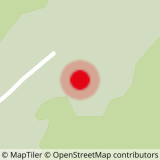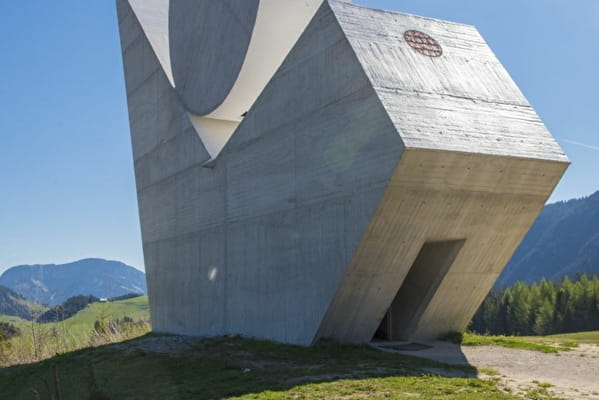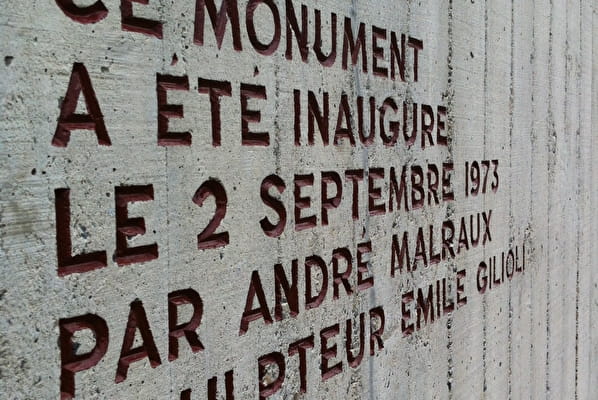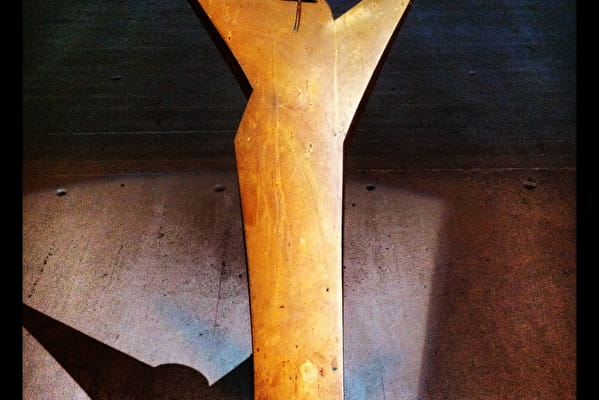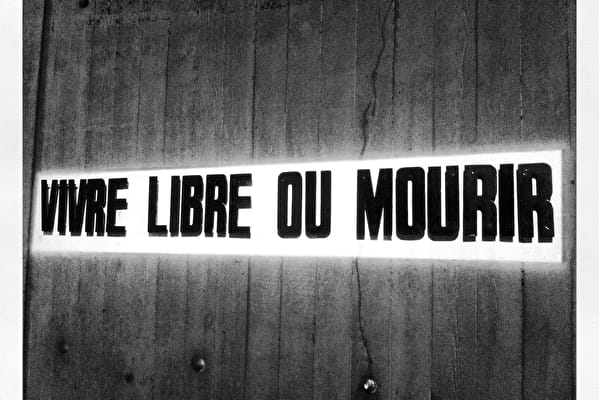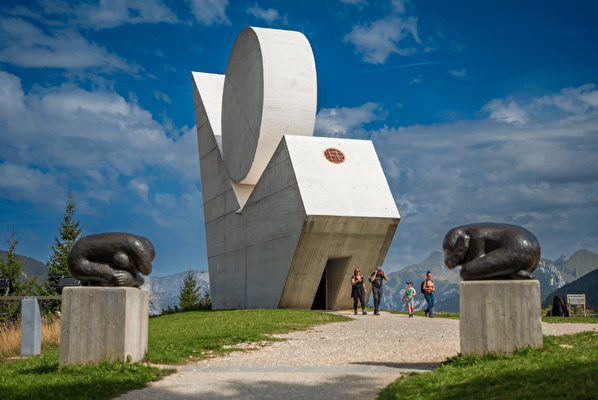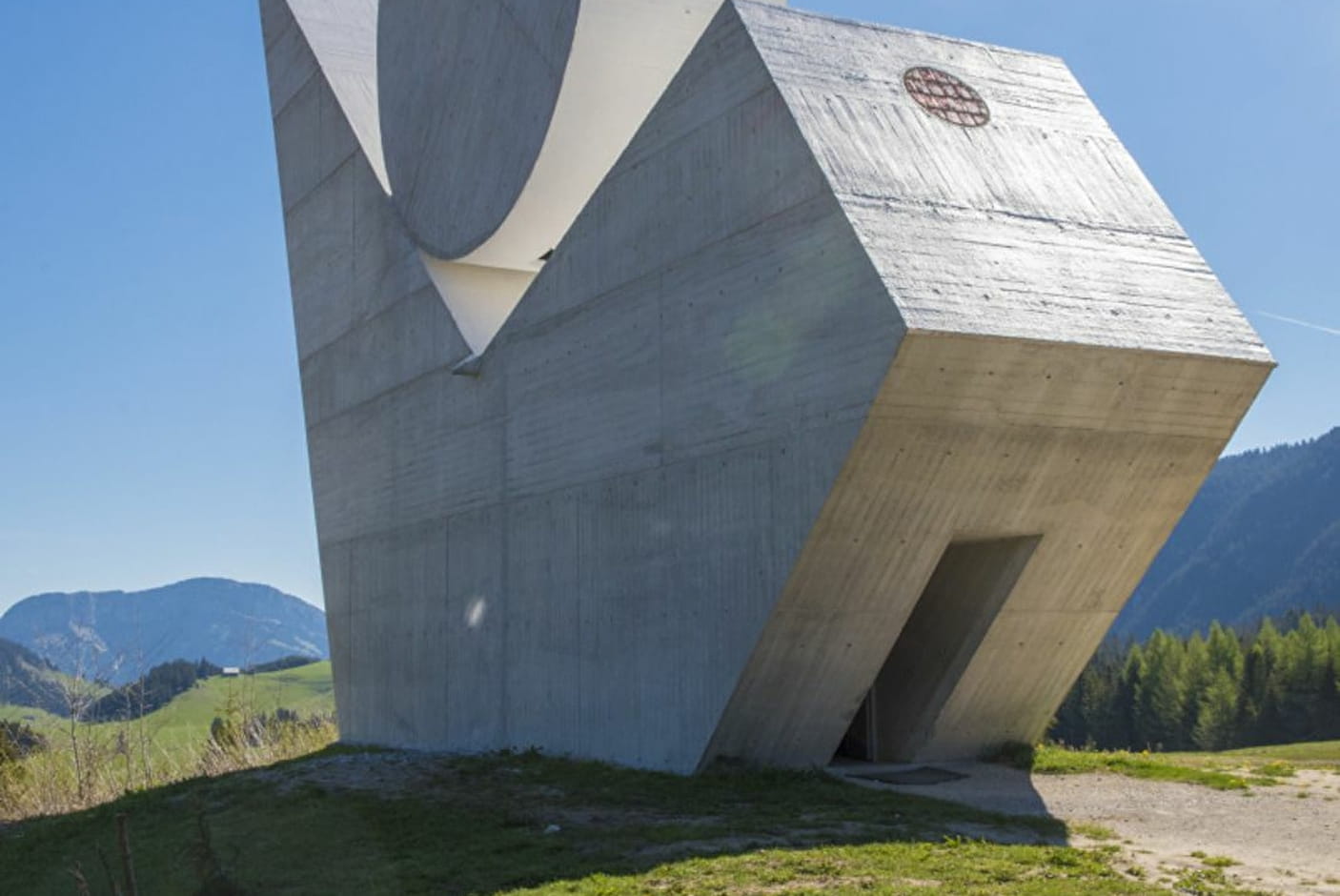"to do something appropriate to mark the event".
Selected following a national competition judged by a jury made up of 5 survivors from Glières and 4 personalities chosen because of their knowledge of the art world (such as the chief conservator of Paris' Modern Art Musuem, Bernard Dorival, and the painter Hans Hartung), the National Monument to the Resistance was inaugurated on 2nd September 1973 by André Malraux. The dimensions of the monument are impressive,measuring 15.20 meters high, 4 meters wide and 21 meters long and weighing 65 tonnes. It is not a monument to the dead, but rather a symbol of hope. Its creator, Emile Gilioli (1911-1977), wanted to create a architectural sculpture that expresses the commitment of Glières' fighters and remains in harmony with the surrounding mountains which lengthen it further by their ridge lines. The monument soars like a V of the victory. One of the two arrows shoots up towards the sky as a sign of hope. From the monument comes a solar disc symbolising rebirth and liberty. Its surprising balance reminds us that liberty, always under threat, constantly needs to be secured. The other arrow looks as if it has been snapped off, representing the fact that all victories bring struggles, suffering and death. The monument was conceived as a whole, with the mast and the Pleureuses (mourners) marking the entrance to this site.
The interior of the monument was planned as a sacred space; it displays various works that invite viewers to contemplate and reflect. Here you will find the Bataillon's slogan together with a text engraved in the concrete, recalling the fighting at Glières and a drawing showing a tracery of lines representing war. In the back there is a shining statue in the shape of a flame; it also points an arm towards the sky, whilst the other, like the statue, is truncated. The head of the statue is marked by the cross of Christ. It represents Joan of Arc and was offered by Gilioli who had originally made it for the city of Florence. It was the sculptor's aim to bring the concepts of Joan of Arc and the fighters of Glières together to evoke the idea of a resilient France.
- Historic site and monument
Monument national à la Résistance de Gilioli
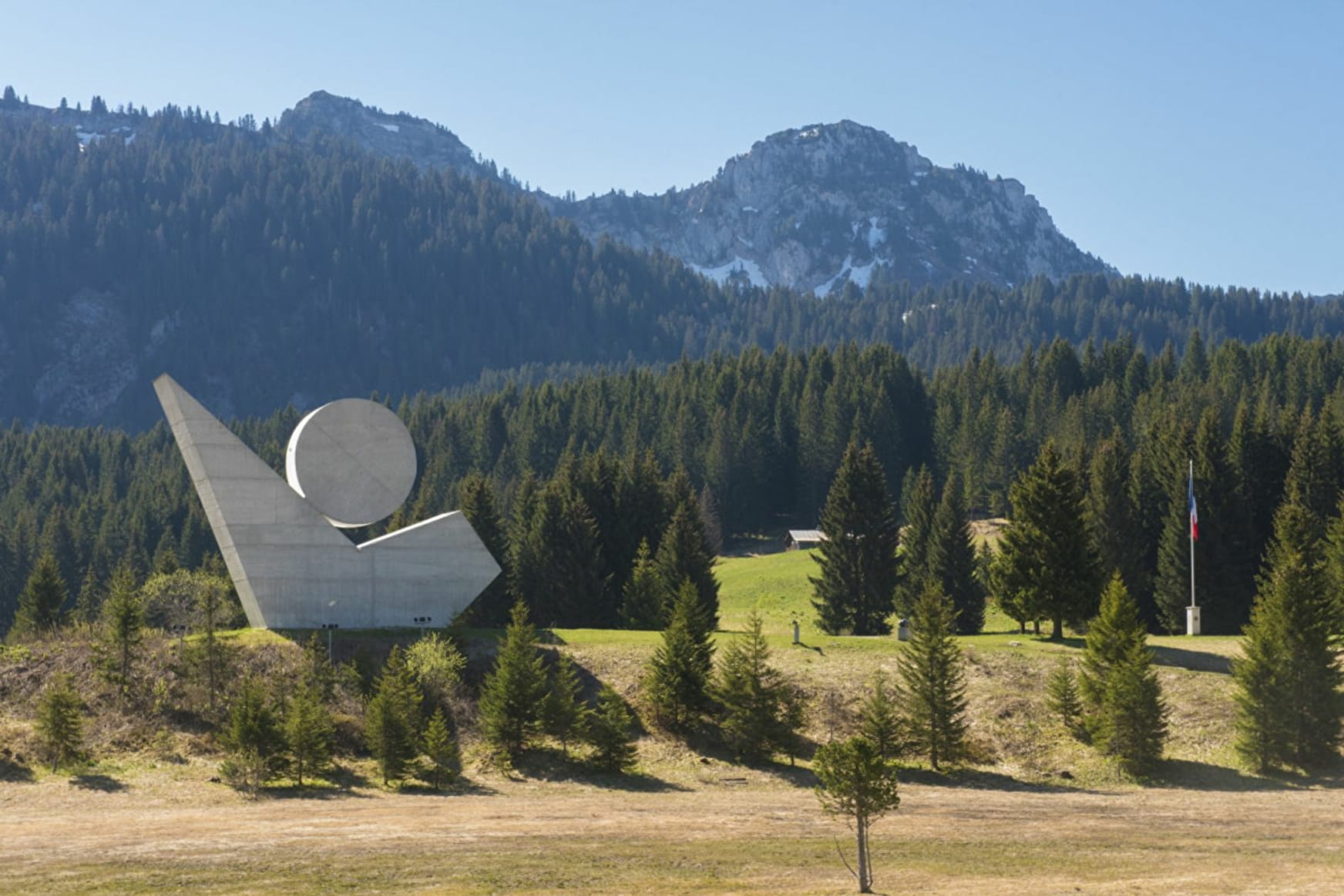
National Monument to the Resistance.
At the end of the 1960s, as plans for the commemoration of the 30th anniversary of the Maquis des Glières were being put forward, the idea developed amongst the survivors that it was becoming important
About
Prices
Free access.
Reception
Opening
The esplanade of the national monument to the Resistance is accessible all year round. The interior is open during the periods of the Memory of the Maquis reception:
April and May: weekends, public holidays and school holidays in zone A (from 8 to 23 April every day except Monday) from 9.30 am to 12.30 pm and from 1.30 pm to 5 pm.
June and September: every day except Monday from 9.30 am to 12.30 pm and from 1.30 pm to 5 pm.
July and August: every day except Monday from 10 am to 12:30 pm and from 2 pm to 6 pm.
Labels and rating
- Educational visits
- Spot photo
- Public WC
- Parking
Contacts
Access
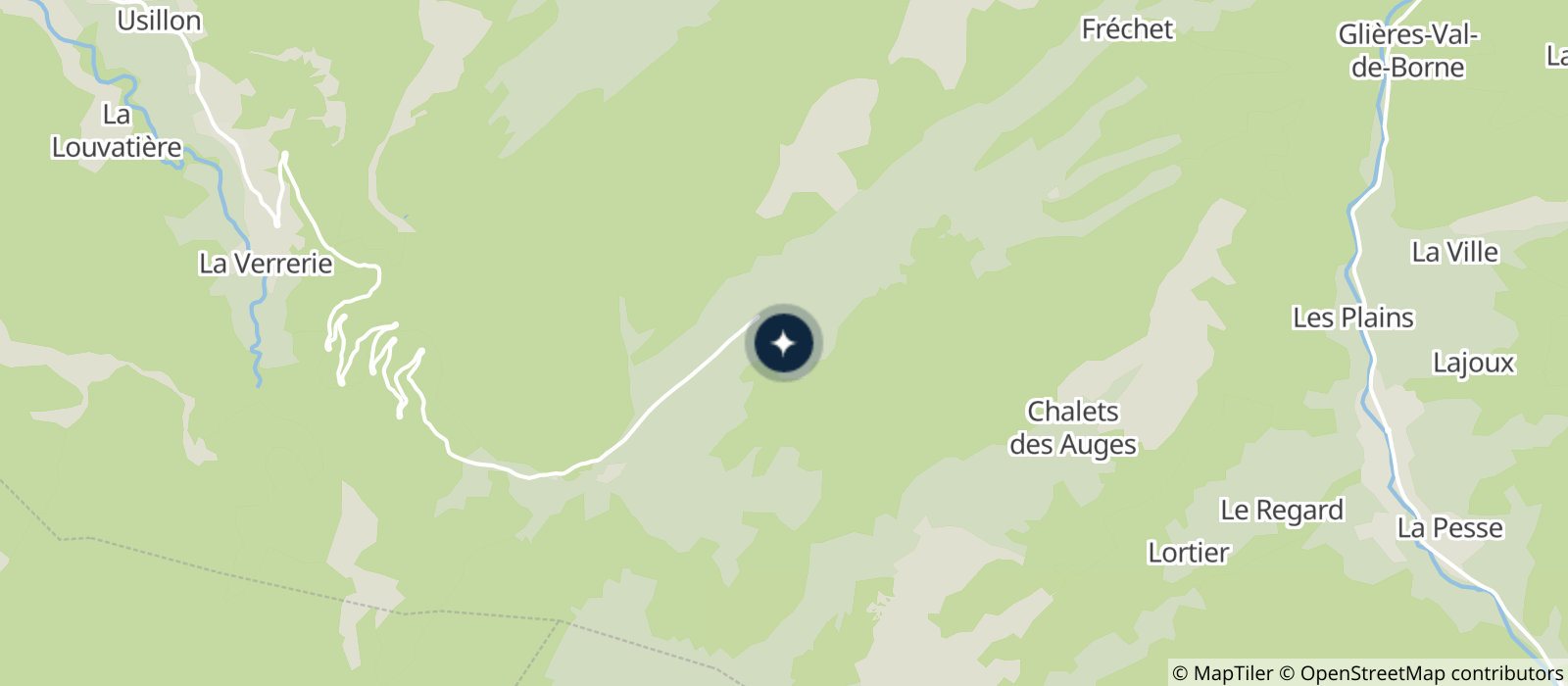
- Reception staff sensitized to the reception of people with disabilities
Number of people in situation of reduced mobility site capacity : 2


